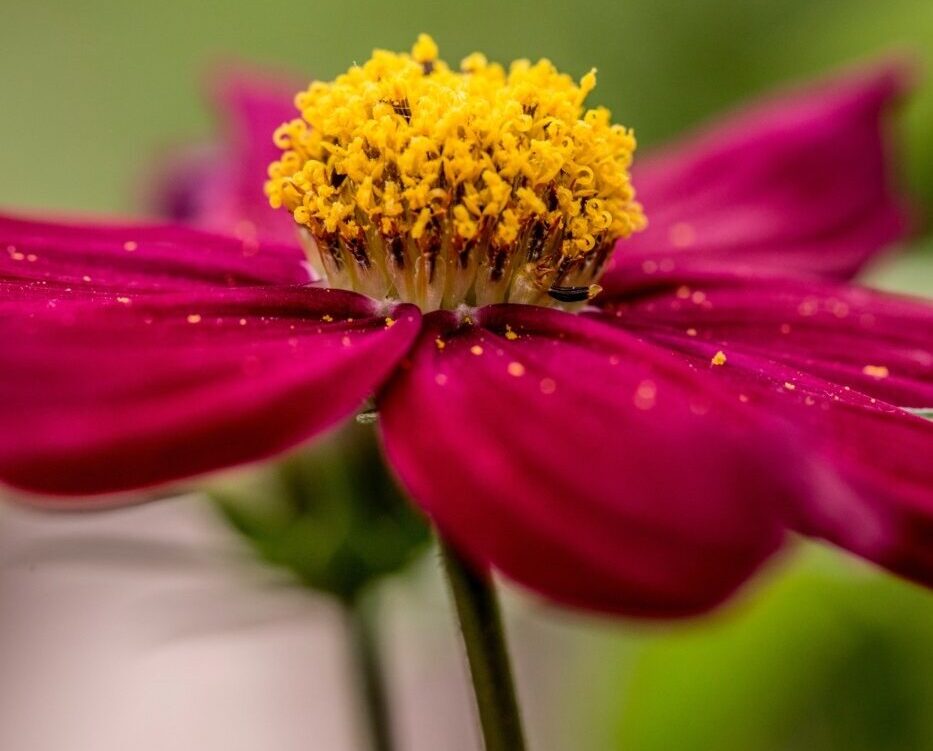Why lockdown might make your hay fever worse
After a year spent locked up inside in order to deal with Covid, the easing of restrictions and the chance to go outside may feel like a relief. If you suffer with hay fever, the appeal of sitting out in a park with friends may be somewhat reduced – the last thing you want with your freedom is to immediately feel unwell. But there’s more bad news – as a result of lockdown, it’s likely that hay fever sufferers will find that their symptoms are much worse this year. Why is this the case?
What is hay fever? If you’re one of the one in four people in the UK who suffer from it, you’ll already know – it’s an allergic reaction to pollen, causing the sufferer to react with a series of cold-like symptoms including an itchy or blocked nose, sneezing, and discharge from the eyes. When people who suffer this allergy breathe pollen in, the lining inside the airway swells, leading to inflammation. For approximately nine out of ten sufferers, it’s grass pollen that causes this reaction, but pollen from trees and weeds and spores from mould and mites also provoke the condition. In most cases, the condition is a seasonal one – pollen is only in the air during a plant’s growing season, not all year round.
There’s nothing different about the pollen production this year – rather, lockdown has altered our level of exposure to pollen. According to Dr Chun Tang, a private GP at Pall Mall Medical: “With lockdown restrictions and the stay-at-home message, Brits have typically spent more time inside than ever before. However, as restrictions begin to ease and we start to spend more time outdoors, those who suffer from hay fever may feel more heightened symptoms this season than in previous years.
There’s nothing different about the pollen production this year – rather, lockdown has altered our level of exposure to pollen
“This is because, to those who suffer from hay fever, pollen is an allergen and the more we are exposed to an allergen, the more we build up a certain level of immunity. As we have spent much more time indoors and away from pollen, the immunity may have decreased. As a result of this, hay fever sufferers may have a more severe reaction to pollen this year than in normal hay fever seasons, pre-pandemic.”
If you are not a sufferer, it’s possible that the lockdown may have changed that. Dr Chris Rutkowski, a consultant allergist at The Harley Street Clinic, said: “The past year has meant most people have spent more time indoors than ever before. This could have an impact on existing hay fever sufferers as well as those who may have never suffered from hay fever before. Additionally, as people begin spending more time outdoors, many might discover that they have developed hay fever. People can develop this condition at any age, not just when they are a child or young adult. In fact, around one in five people develop their first symptoms over the age of 20.”
As we have spent much more time indoors and away from pollen, the immunity may have decreased
If hay fever sufferers are likely to be hit hard, a key question is what exactly can be done to lower the impact. Continue with normal practice – check the pollen levels each day, and use medications such as antihistamine tablets, eye drops, and nasal sprays that mitigate your symptoms. Keep your windows shut to prevent pollen entering your home. If you bought house plants or flowers during lockdown, regularly check them for mould and remove any dead leaves. If you’ve got a pet, be conscious that its hair acts as a carrier of airborne allergens, and avoid letting it sleep on your bed or in your room. Most importantly, if you’re struggling, speak to your GP and ask for additional advice.
It may be a bit of a bad year for hay fever sufferers, and hay fever is already a big problem – it’s not usually serious medically, but a study by Allergy UK revealed that it negatively impacts things like sleep quality, social activity, concentration, and productivity for at least a third of sufferers. Enjoy getting out, seeing people, and having fun, but make sure to take care too.
For additional advice, take a look at the NHS website: https://www.nhs.uk/conditions/hay-fever/
You can check the pollen forecast on the Met Office website: http://www.metoffice.gov.uk/health/public/pollen-forecast

Comments